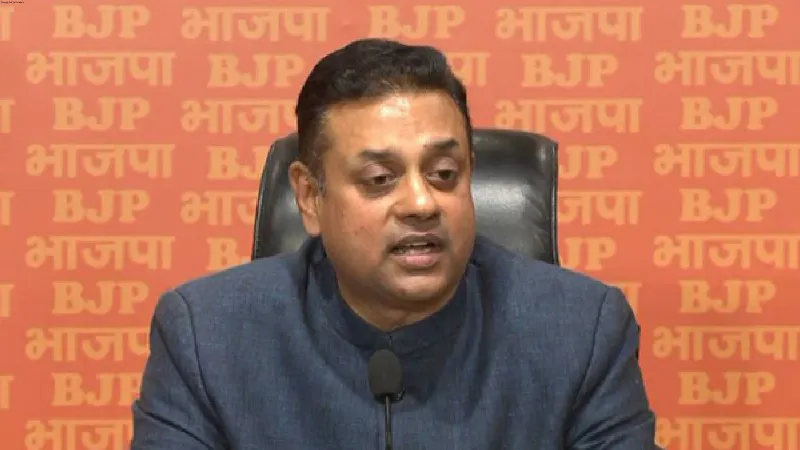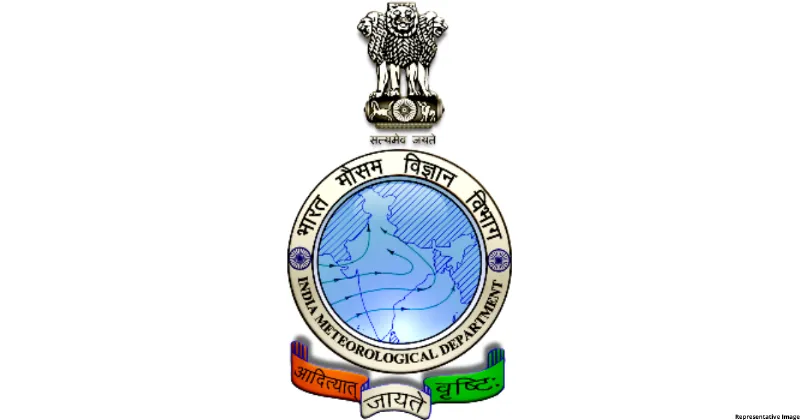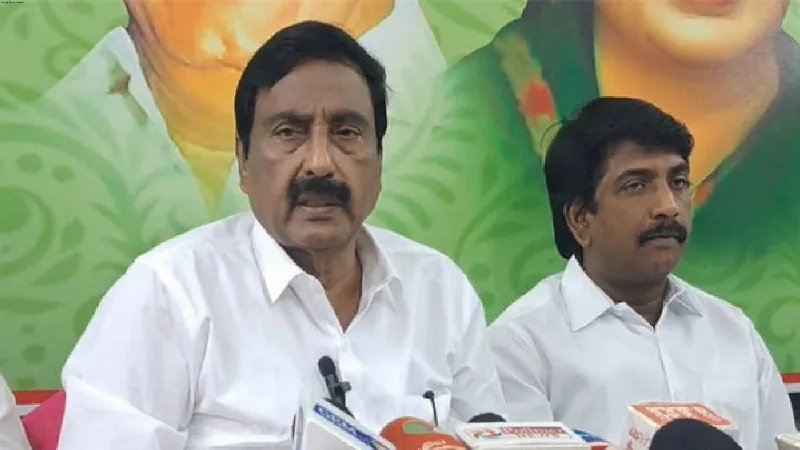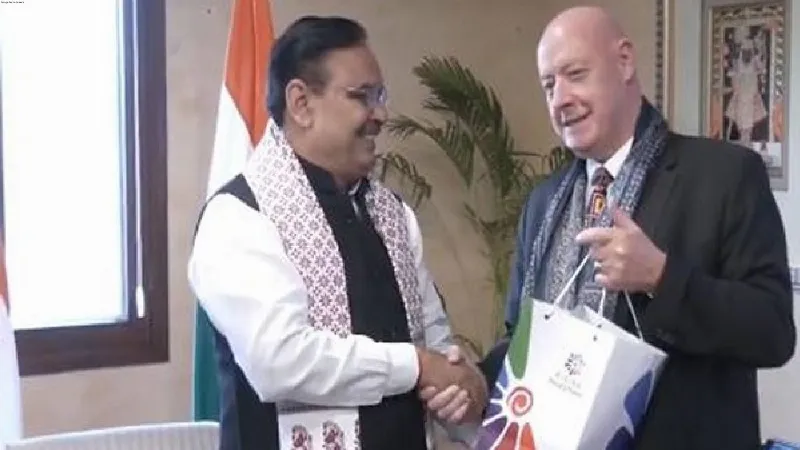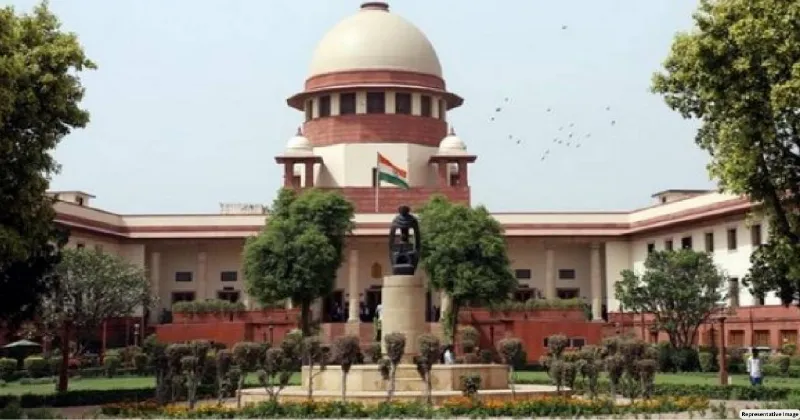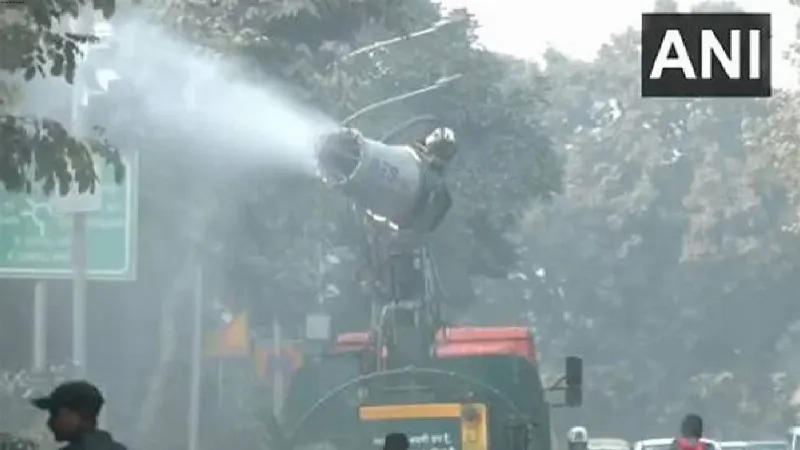Latest News
RBI Governor’s Indian Rupee belief system
.jpg)
Mumbai: When Reserve Bank of India (RBI) Governor Shaktikanta Das was tagged by a Twitter user on a post about the depreciating value of the Indian Rupee a fortnight ago, asking him to hive off US dollar reserves held by the apex bank of India, he shrugged off the advice.
Terming it an age-old practice, Das stated that it had been done away with. He had added that the Indian Rupee would find its own (international) value and markets would henceforth decide (on the outcome).
The Governor’s point gained credence when the India head of the world’s most valuable bank JP Morgan Chase, on Thursday, acknowledged that while the Indian Rupee had depreciated, it had held its own among emerging market currencies (EMCs).
The Indian Rupee has depreciated (to the US dollar) far less than even the Euro, Yen and British Sterling Pound, since the Russian invasion of Ukraine commenced on February 24, 2022. However, that is only half the tale.
The Indian government has not only ensured the rupee stayed stronger, but also embarked on a global business plan that dislodged the USD as the mainstay for international transactions.
Rupee settlements are now the norm as India has tied up Russia, Indonesia, United Arab Emirates (UAE), even Sri Lanka, Afghanistan, Nepal and other markets where it deals in oil (imports), food-grains (exports). She has begun transacting in rupee terms, thereby, giving the USD the go-by.
Mahendra Jain, co-convenor of the Vyapari Cell of the Bharatiya Janata Party (BJP), who had tagged Das on the Twitter post says, “Rupee settlements will result in annual savings of USD36 billion, equivalent to Rs3 lakh crore for India. Only today (Saturday) prices of palm oil and soybean oil saw a reduction in prices by Rs50 in India, which is a direct result of this new business strategy. Now, trade negotiations for imported commodities are now being bargained in rupee terms, in price reductions for India.”
During the Ukraine crisis, Indonesia clamped down on edible oil exports to India. In turn, the Indian government immediately closed food-grain (wheat) exports to that nation.




